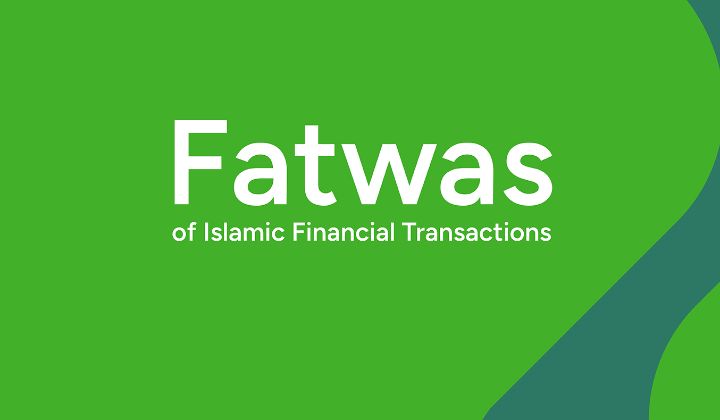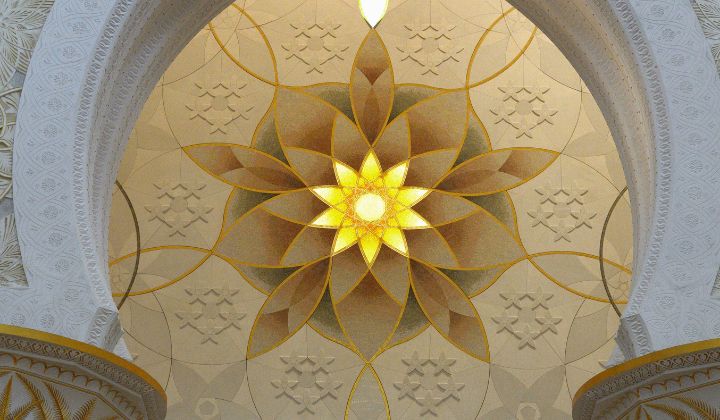Commercial Banks have been established in a context different from Islamic context, with different founding principles and paradigm.
For this reason, those banks haven’t been widely accepted by most Muslims. The urgent need continued for financial institutions delivering banking solutions and services compliant with Sharea regulations. In mid 1970s, some Islamic financial institutions have been introduced. Kuwait Finance House was one of the pioneers as it was established in 1977 due to a noble will of His Highness late Shaikh Jaber Al ahmad Al Jaber Al Subah.
Sharea provisions are based on four resources, two of them are primary (Quran & Sunnah) and the other two are secondary Consensus (Ejma’), and Analogy (Qiyas).
1. Holy Quran
Scholars identify Holy Quran as follows "It’s the words of Allah revealed to his prophet Mohammad (PBUH), which reading is an act of worship, begins with Surat Al-Fatiha and ends with Surat Al-Nas.
2. Prophetic Narrations (Sunnah)
Sunnah is every act, saying and tacit approval of the prophet Mohammad (PBUH). Sunnah is considered and primary source of legislation due to instructions of Holy Quran. Many Verses commanded Muslims to follow the Prophet (PBUH) guidance such as in Suart Al Hashr, Verse 7: “So take what the Messenger assigns to you, and deny yourselves that which he withholds from you. And fear Allah, for Allah is strict in punishment”
Sunnah is divided into three divisions:
- The Prophet's Sayings.
- The Prophet Acts.
- The Prophet acceptance of others' a sayings or acts.
3. Ejma’ (Consensus)
The consent of Muslim Jurists on a specific issue in a specific time, such as Taraweeh Prayer in a congregation (Jama'a). Although it’s difficult to achieve Ejma’, the modern jurisprudential academies are playing important role in this regard.
4. Qiyas (Analogy)
In modern issues, of non-equivalence in the past, Muslim scholars in such case, seek for a common similarity between the discussed matter and similar matter that its provision in Sharia is known. Shall such a case be found, then, the modern issue gets the same provision. Drugs is a clear example of Qiyas, since it share the same mental effect with alcohol, and since alcohol drinking is strictly forbidden in Saria, then drugs is also forbidden (Haram).
1 - All types of Usury (designated increase for one party of the contract with no corresponding from the other party).
2 - Gharar (Uncertainty): ambiguity in one or all of the contract terms which leads to conflict. In other words, it’s what cannot be expected or evaluated or properly described.
3 - Selling or purchasing forbidden goods and assets.
Islam in its primary sources express its unique and original perception of money as:
- It belongs to Allah, and human is a trustee.
- It is a tool to evaluate goods and assets.
- It is an intermediate to exchange goods and assets between people.
Accordingly, money is not a mean to generate profit from itself. The profit can be generated by selling and purchasing goods and assets using money.
Islamic Financial System recognized the time value for money. This is clear in Credit Sales. Goods can be sold for a specific cash value, and for higher value for credit. Although, paying any amount of money for extending loan repayment period for a due loan is considered as a forbidden usury.


 Germany
Germany Malaysia
Malaysia Turkey
Turkey Egypt
Egypt UK
UK Kingdom of Bahrain
Kingdom of Bahrain


